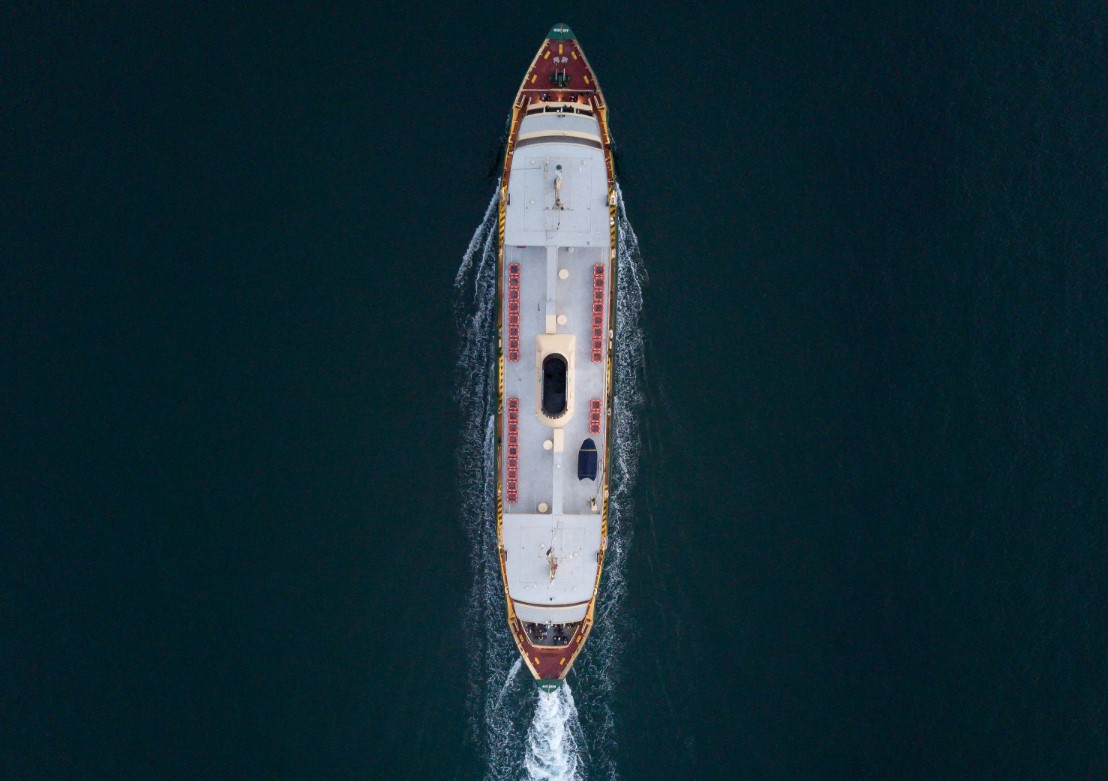The International Chamber of Shipping (ICS) expressed disappointment following the conclusion of the International Maritime Organisation’s (IMO) Extraordinary Session of the Marine Environment Protection Committee (MEPC) in London, where member states failed to reach an agreement on the Net-Zero Framework (NZF) for the shipping industry.
The proposed framework would have introduced the first-ever global carbon pricing mechanism for any industrial sector, setting a clear path for international shipping’s transition to net zero.
“We are disappointed that member states have not been able to agree a way forward at this meeting,” said Thomas A. Kazakos, ICS Secretary General.
He added that the industry needs clarity to make the investments required to decarbonise the maritime sector, “in line with the goals set out in the IMO GHG strategy.”
Kazakos also noted that the shipping community remains committed to cooperation with the IMO, “which is the best organisation to deliver the global regulations needed for a global industry.”
Need to be mentioned that the ICS represents all sectors and trades, accounting for over 80 per cent of the world’s merchant fleet.
At the same time, European shipowners also expressed regret over the postponement of the adoption of the IMO Net-Zero Framework (NZF).
Member states of the UN’s International Maritime Organisation (IMO) decided to delay the vote for one year, pushing back a crucial step in defining global climate action for shipping.
The proposed framework seeks to establish the first global carbon pricing mechanism for any industrial sector, aiming to provide a clear pathway for shipping’s transition to net zero.
Its adoption is considered vital to ensure both regulatory certainty and a level playing field across the international maritime industry.
ECSA Secretary General Sotiris Raptis said the organisation regretted the outcome, stressing that “the IMO Net-Zero Framework is essential to give the industry the certainty it needs and to send a strong signal to the market to produce the clean fuels necessary to get to net zero.”
He noted that shipping remains an international industry which “requires meaningful global regulations to decarbonise,” adding that global rules are vital “to ensure a level playing field at international level and to deliver the energy transition of international shipping.”
Raptis said European shipowners will continue working with international partners to ensure an agreement on the IMO NZF can be reached.






Click here to change your cookie preferences